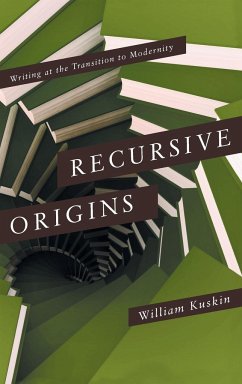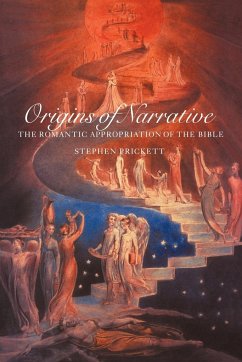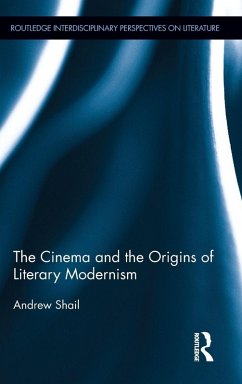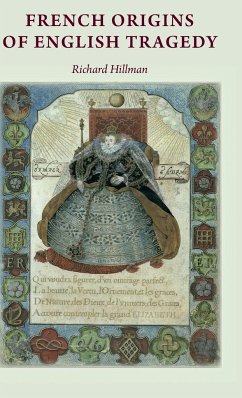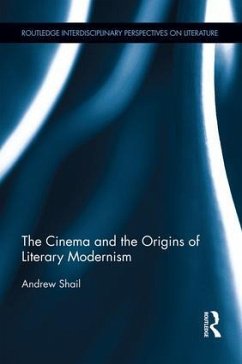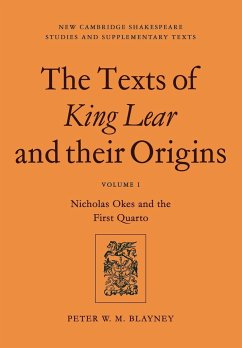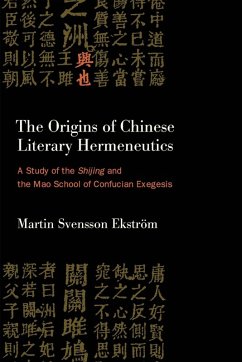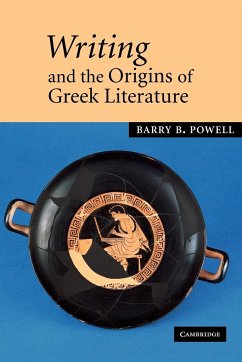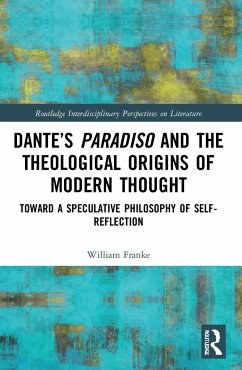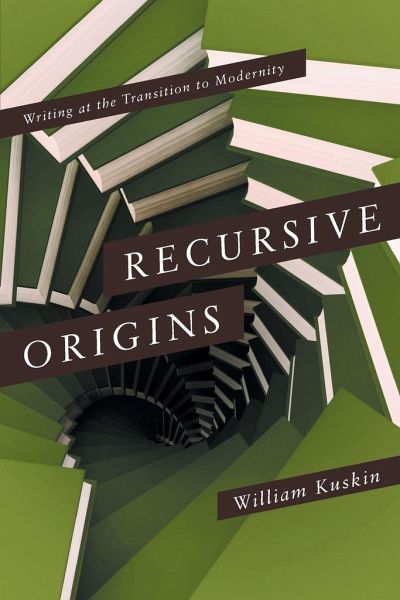
Recursive Origins
Writing at the Transition to Modernity

PAYBACK Punkte
20 °P sammeln!
In Recursive Origins: Writing at the Transition to Modernity, William Kuskin asks us to reconsider the relationship between literary form and historical period. As Kuskin observes, most current literary histories of medieval and early modern English literature hew to period, presenting the Middle Ages and modernity as discrete, separated by a heterodox and unstable fifteenth century. In contrast, the major writers of the sixteenth century-Philip Sidney, Edmund Spenser, William Shakespeare, the Holinshed Syndicate, and their editors-were intense readers of the fifteenth century and consciously ...
In Recursive Origins: Writing at the Transition to Modernity, William Kuskin asks us to reconsider the relationship between literary form and historical period. As Kuskin observes, most current literary histories of medieval and early modern English literature hew to period, presenting the Middle Ages and modernity as discrete, separated by a heterodox and unstable fifteenth century. In contrast, the major writers of the sixteenth century-Philip Sidney, Edmund Spenser, William Shakespeare, the Holinshed Syndicate, and their editors-were intense readers of the fifteenth century and consciously looked back to its history and poetry as they shaped their own. Kuskin examines their work in light of the writings they knew-that of Thomas Hoccleve, John Lydgate, William Caxton, and the anonymous London Chronicles-to demonstrate that fifteenth-century textual forms exist within the most significant statements of literary modernity. In short, by reconsidering the relationship between literary form and temporality, we can reach across the firewall of 1500 to write a more complex literary history of reading and writing than has previously been told. Moving beyond his central critique-that notions of period and progress are poor measures of literary history-Kuskin develops and demonstrates the hermeneutic power of recursivity as a powerful challenge to a linear view of literary historical periods. Kuskin appropriates the term "recursion" from computer science, where it describes a computer program's return to a subprogram within itself to perform a more complex procedure. Books, for Kuskin, are recursive: they imagine within themselves a return to an earlier moment of writing, which, when read, they enact in the present. His is a profound claim for the grip of the past on the present and, more locally, a reclamation of the importance of the fifteenth century for any discussion of sixteenth-century literature and of the relationship between the medieval and the early modern. "Brilliant and provocative, William Kuskin's Recursive Origins: Writing at the Transition to Modernity is original in its combination of literary and book history, compelling in its vision of a model of recursion, and inspiring in its ambitiousness. It is the kind of book that literary studies needs right now." -Kent Cartwright, University of Maryland



